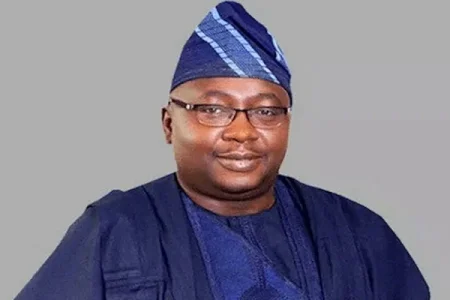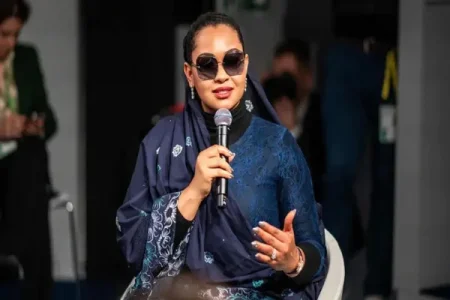
In the footsteps of his predecessors, President Bola Tinubu has embarked on a whirlwind of international travels, visiting Saudi Arabia, Guinea-Bissau, and Germany in rapid succession. The familiar narrative of attracting foreign direct investment (FDI) echoes through his administration, mirroring the endeavors of past leaders in the Fourth Republic. However, a critical editorial in Punch suggests that, with the national treasury on the brink of bankruptcy, Tinubu's focus should shift from globetrotting to addressing the pressing issues at home.
Within his first six months in office, Tinubu has visited 10 countries, including repeat visits to France and Guinea-Bissau, along with stops in the United Kingdom, Kenya, Benin Republic, and India. His attendance at the UN General Assembly in New York sparked controversy due to the size of his entourage. The recent trip to Berlin, Germany, ostensibly for the G20 Compact with Africa Conference, aimed at advancing FDI in Nigeria, is deemed illusory by critics, drawing parallels to the unsuccessful endeavors of his predecessors.
The editorial draws attention to the stark reality that the more Nigerian presidents travel to court FDI, the more it declines. Citing World Bank data, FDI inflow plummeted from $8.84 billion in 2011 to negative $0.19 billion in 2022. The article contends that Tinubu should redirect his efforts toward rebuilding the fundamentals of the Nigerian economy, emphasizing that addressing domestic challenges is the key to attracting foreign investments.
Nigeria's unattractiveness to foreign investors is highlighted, with insecurity at the forefront of the issues. From terrorism and banditry to kidnapping and separatist agitation, the nation grapples with a myriad of security challenges. The editorial underscores the impact of Western governments issuing travel alerts, discouraging their citizens from visiting certain parts of the country—a significant impediment to FDI and tourism.
Economic struggles, including inflation, infrastructure challenges, forex illiquidity, and a host of governance issues, further diminish Nigeria's appeal. The World Governance Index places Nigeria in the company of Lebanon, Syria, and Yemen with a grade of D, while the World Justice Project ranks it 120th out of 142 countries in the 2023 Rule of Law Index.
The editorial argues that Tinubu must prioritize addressing these internal issues, advocating for restructuring, policing devolution, empowerment of the states, and privatization. While acknowledging that presidential visits can yield positive outcomes, the piece emphasizes the need for well-analyzed and targeted travels, cautioning against wasteful and indiscriminate journeys.
In conclusion, the article challenges Tinubu to refocus on revitalizing the power sector, driving liberalization, and implementing a robust privatization program to attract domestic and foreign investments. Without these measures, the editorial warns, frequent overseas trips risk becoming mere sightseeing ventures and a misuse of public funds.




